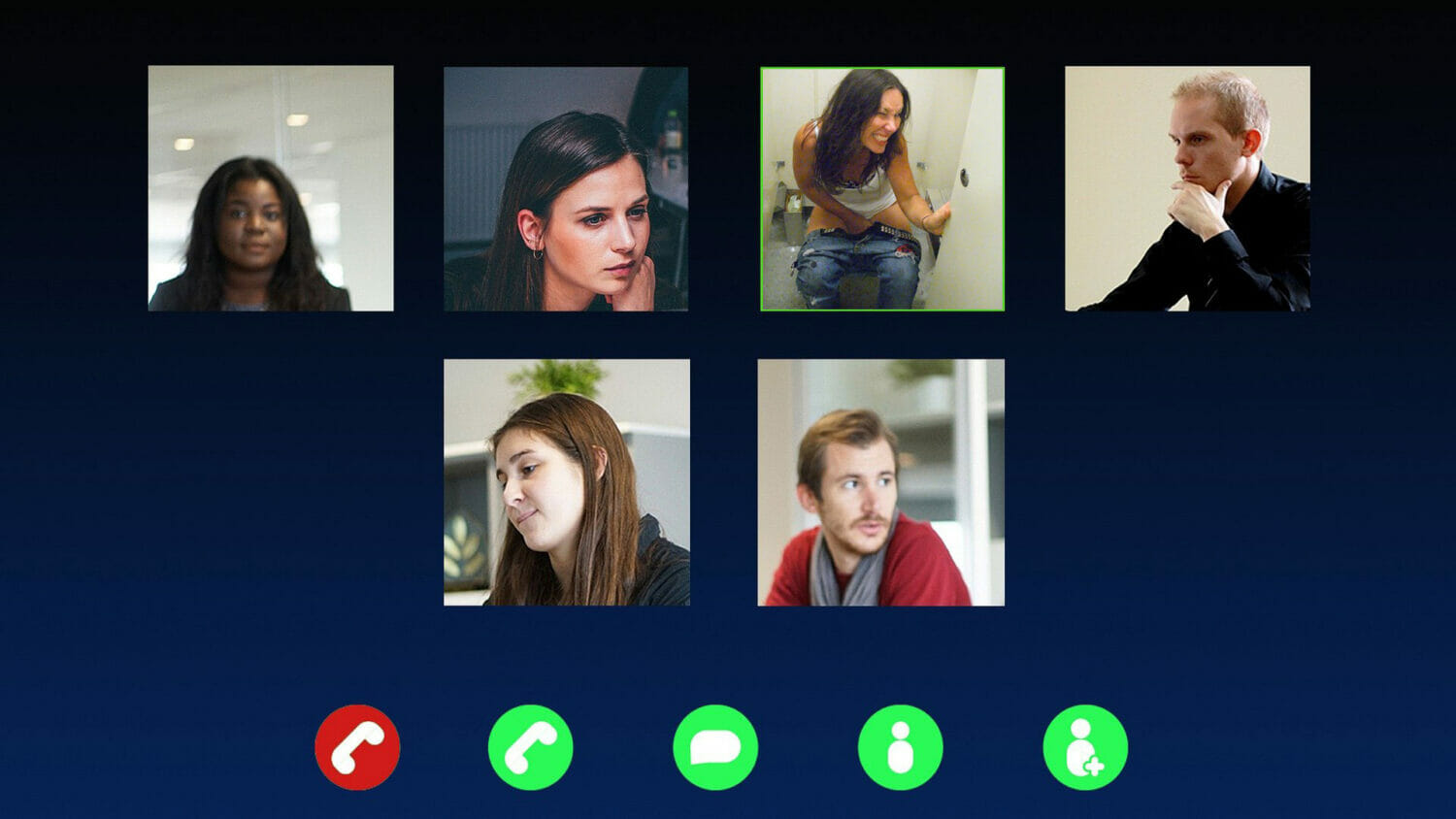
/cdn.vox-cdn.com/uploads/chorus_asset/file/19832275/Screen_Shot_2020_03_25_at_11.14.30_AM.png)
Yuan stated that the video conferencing platform according to this report surpassed 300 million daily Zoom meeting participants, many of them from enterprise users.Īs such, the surge in video conferencing has created the perfect circumstances for opportunistic fraudsters to exploit those working from home. In a recent announcement, Zoom founder and CEO Eric S. Given the current situation, people regularly receive meeting notifications and invitations from various video conferencing software. Some accounts, the report claims, are even being shared for free to be used for Zoom-bombing and other malicious activities. Mashable’s report earlier this month found that more than 500,000 stolen Zoom accounts were being bought and sold on the dark web for as little as $0.002 per account. Or used to compromise other accounts that may contain sensitive information. If an unsuspecting victim enters their enterprise login details, their credentials will be harvested and can then be sold on the dark web, held for ransom. Simply continue with your organization email login to proceed.“Īlthough the spoof login page mimics Zoom’s branding, the page contains red flags, such as an unusual URL, non-functioning links, and spelling mistakes in the instructions.


The instructions state: “Zoom now allows you to join and host meetings without signing up. However, this page requests the victim to log in using their work email credentials. When the link has been clicked, recipients of the phishing fraud are directed to a fake Zoom login page which mimics a genuine Zoom sign-in page. In an effort to provoke further urgency, the message also states that Zoom will only keep the message for 48 hours, after which it will be deleted. As daily online meetings and video conferencing become part of the new normal for remote workers. With more people working from home than ever before, it is likely that targets are more willing to trust such emails. Zoom scam alert: Never click on this kind of invitations It encourages the user to click the link for more details and access a recording of the meeting.īy informing the user that the meeting has been missed, the Zoom phishing scam aims to provoke a sense of urgency and panic to encourage recipients to click on the malicious lin k, a key trait of many similar phishing scams. Thus, the email informs the recipient that they have recently missed a scheduled meeting.

The Zoom phishing scam begins with an email that impersonates a notification from the video conferencing platform. As individuals and businesses become increasingly reliant on video conferencing to stay connected during the Covid-19 outbreak, fraudsters have used the opportunity to target users with a malicious Zoom phishing scam.


 0 kommentar(er)
0 kommentar(er)
